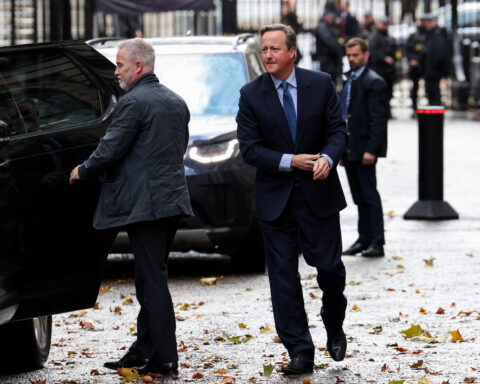It will have an overall budget of €5 billion. The Reserve will support businesses and employment in affected sectors. It will assist regions and local communities, including those dependent on fishing activities in UK waters. It can also assist public administrations for the proper functioning of border, customs, sanitary and phytosanitary controls and to ensure essential services to the citizens and companies affected.
Commissioner for Cohesion and Reforms Elisa Ferreira said: “The end of the transition period on 31 December 2020 will have an important economic and social impact on regions and local communities that are most linked to the UK’s economy and trade. By proposing the Brexit Adjustment Reserve, the Commission puts again solidarity and cohesion as key elements of its response, making sure that those most impacted receive the necessary support.“
Questions and Answers: the Brexit Adjustment Reserve
Commissioner for Budget and Administration Johannes Hahn said: ”We designed this Reserve to provide swift and uncomplicated help, focusing on those EU Member States most adversely affected by Brexit. I now count on the Council and the European Parliament to convert our proposal into concrete financial support without delay. Of course, adapting structurally to our new relationship with the UK will require much more long-term adjustment than this reserve alone will ever be able to provide. The powerful new EU budget will support this work.”
Scope and measures supported
The Brexit Adjustment Reserve will be rapid and flexible, and will cover expenditure in any Member State over a period of 30 months. It will be distributed in two rounds:
- the vast majority of the €5 billion through pre-financing in 2021, calculated on the basis of the expected impact of the end of the transition period on each Member State’s economy, taking into account the relative degree of economic integration with the UK, including trade in goods and services, and the negative implications on the EU fisheries sector;
- a smaller tranche of additional support in 2024, in case the actual expenditure exceeds the initial allocation , thus justifying the need for additional solidarity from the EU. To qualify for reimbursements from the Brexit Adjustment Reserve, Member States have to demonstrate their claims’ direct relation to Brexit. The usual financial control and management system for EU funds will apply.
The Reserve can support measures such as:
- support to economic sectors, businesses and local communities, including those dependent on fishing activities in the UK waters;
- support to employment, including through short-time work schemes, re-skilling and training;
- ensuring the functioning of border, customs, sanitary and phytosanitary and security controls, fisheries control, certification and authorisation regimes for products, communication, information and awareness raising for citizens and businesses.
Next steps
The proposed Regulation will have to be adopted by the Parliament and the Council.
Background
The United Kingdom left the European Union on 1 February 2020. Even with the new EU-UK Trade and Cooperation Agreement in place, there will be big changes at the end of the transition period on 1 January 2021. On that date, the UK will leave the EU Single Market and Customs Union, as well as all EU policies and international agreements. It will put an end to the free movement of persons, goods, services and capital with the EU.
The EU and the UK will form two separate markets; two distinct regulatory and legal spaces. This will recreate barriers to trade in goods and services and to cross-border mobility and exchanges that have not existed for decades – in both directions, affecting public administrations, businesses, citizens and stakeholders on both sides. This will have broad and far-reaching consequences for businesses, citizens and public administrations. The Commission has been working with the Member States and their administrations to help preparations and boost readiness. The European Council conclusions, agreed at its special meeting of 17-21 July 2020, to provide for the establishment of a new special Brexit Adjustment Reserve ‘to counter unforeseen and adverse consequences in Member States and sectors that are worst affected’.






